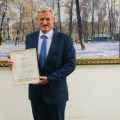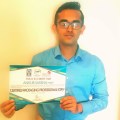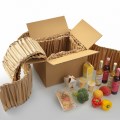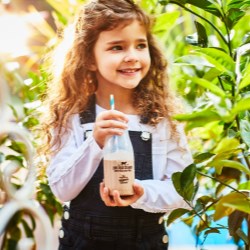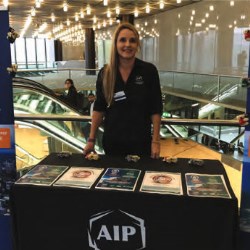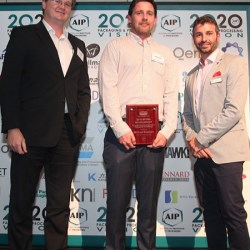If this is your company, CONTACT US to activate Packbase™ software to build your portal.


This international packaging training course offered by the World Packaging Organisation (WPO), hosted by the Indonesian Packaging Federation (IPF) and training done by the Australian Institute of Packaging (AIP), took place in Yogyakarta, Java from 7 - 10 February 2017 with 52 attending the training is the fourth time in Indonesia. The island nation of Indonesia is the world’s fourth most populous country and packaging is a vital part of its industry and economy.
The aim of the training was to equip participants with greater in-depth knowledge in order for them to tackle the challenges facing the packaging industry in their current environment and to prepare them for the competitive advantages emerging in the Association of Southeast Asian Nations (ASEAN) Economic Community Market. This WPO Packaging Technology intensive training course serves to grow participants’ confidence in packaging capabilities, providing a level of insight and understanding of the packaging industry that adds real and measurable value to careers and businesses.
It was a wonderful week of learning and sharing of experiences and challenges for all participants. Once again, the desire and the need for greater knowledge and up-to-date expertise in the science and technology of packaging were clearly evident. By far the majority of the students present were graduates in some field or other but their careers had found them associated with the packaging industry where they either feel overwhelmed or under-qualified or, by their own admission after a week’s training, in a new situation where they discovered that they “never knew what they didn’t know!”.
All were enthusiastic with their new knowledge. Their final project presentations on the final day reflected a high standard of input and learning by the students. They were confident that their learning would make a significant difference in their work place and in future decisions.
As with many developing countries, the greatest challenge is the packaging of local foodstuffs as well as packaging for the informal sector. Developed countries can learn from packaging partners in the Asian nations. The majority of Indonesia’s population shops frugally for everyday food and personal needs at the traditional markets called the pasar. Crowded with small carts and lined with small stores, the pasar is a hive of activity. They sell every possible household good, some wrapped and many not when it comes to foodstuffs. Packaging is largely driven by consumer affordability.
Much fresh produce is sold at the pasar where, if better knowledge of material selection coupled with the correct storage was used, much less meat, fresh fruit and vegetables would be wasted. Fresh produce is often exposed to the elements resulting in short shelflife owing to ineffective storage and display conditions.
Education from a very young age on the minimisation of food wastage is a great place to start. The WPO, in collaboration with AIP, are privileged to have been asked by Indonesia (IPF) to help them tackle these important challenges by sharing knowledge and expertise with industry leaders. Similar training programs are scheduled for the following 12 months in Iran, Nigeria, Kenya, China, Italy and Vietnam.
The ongoing aim of this teaching and learning is to equip more and more people with a better understanding of the impact, the effects and the power of appropriate packaging. The ubiquitous pack can be a friend or a foe but with greater knowledge on its role from design to reuse, our world could solve many of its problems. The future of packaging and education in this field is exciting.
By Pierre Pienaar, FAIP, CPP.


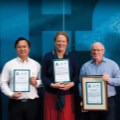
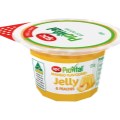


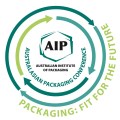
.jpg)



